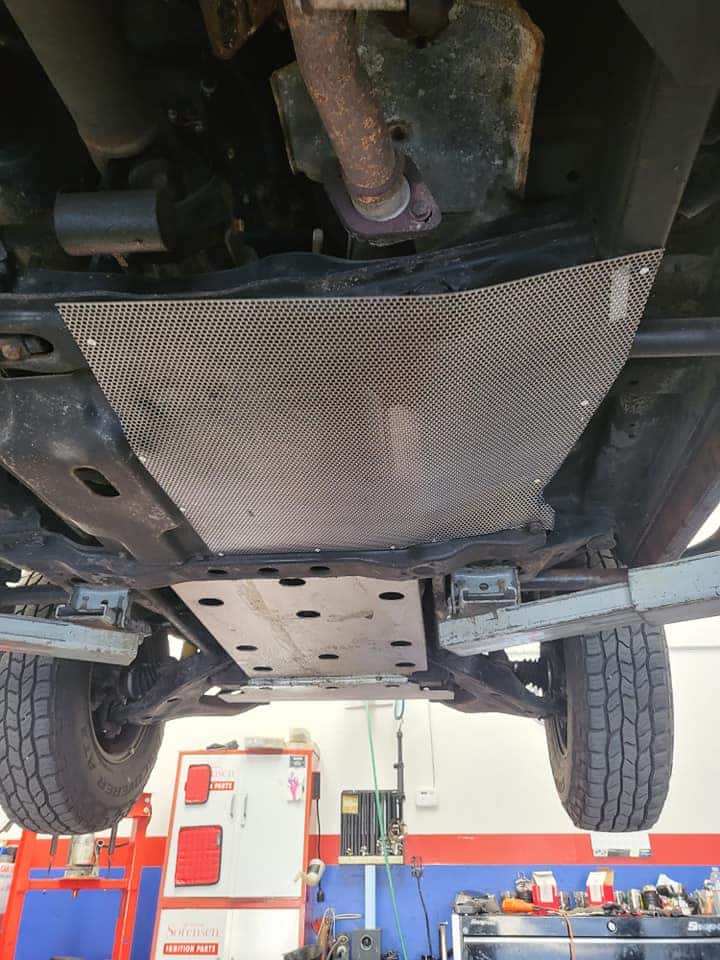Well, we've all been there. You pull up to your local auto repair shop, and the mechanic asks you the question: “synthetic or conventional oil?” Sounds simple enough, doesn't it? But if you're like most people, you might find yourself scratching your head in confusion.
Conventional vs. Synthetic Oil: The Basics
Let's break it down to basics. Oil, in terms of your vehicle, is essentially the lifeblood of your engine. Conventional oil, also referred to as mineral oil, is derived directly from crude oil. It provides lubrication at high temperatures and maintains its stability over long periods.
On the other hand, synthetic oil is not only refined but also distilled, purified, and broken down into its basic molecules. This process not only eliminates more impurities from the crude oil but also enables individual molecules in the oil to be tailored to the demands of modern engines.
Performance Differences
Synthetic oil is designed to resist breakdown and handle extreme temperatures. It's capable of maintaining its viscosity, or thickness, over long periods and is less likely to form sludge, which can harm an engine's performance.
Conventional oil, while cheaper, doesn't offer the same level of protection. It tends to break down under high temperatures and can leave deposits in your engine, which can eventually lead to mechanical failures.
When to Use Synthetic vs. Conventional Oil
The choice between synthetic and conventional oil often comes down to the type of vehicle you drive, its age, and your typical driving conditions.
- High-performance vehicles: If you drive a sports car or any high-performance vehicle, synthetic oil can help your engine operate at peak efficiency.
- Older vehicles: On the flip side, if you drive an older vehicle with high mileage, conventional oil may be your best bet.
- Extreme conditions: Do you frequently drive in extreme cold or hot temperatures? Or perhaps your daily commute involves a lot of heavy traffic? In these cases, synthetic oil's superior high-temperature stability and resistance to breakdown can come in handy.
The Bottom Line
When you're deciding between synthetic or conventional oil, it's essential to consider what's right for your vehicle and your driving habits. While synthetic oil is generally superior in terms of performance, it is also more costly. On the other hand, conventional oil, while less expensive, may not provide the level of protection that your vehicle needs.
Don't forget to consult your vehicle's owner manual, as it will provide the manufacturer's specific recommendations. And when in doubt, don't hesitate to ask a professional. At Sartorial Auto Repairs, we're here to help you make the decision that's best for you and your vehicle. Whether you're in need of a routine oil change or a complete engine overhaul, we're ready to provide the service and expertise you need. Schedule your next service appointment with us today.












